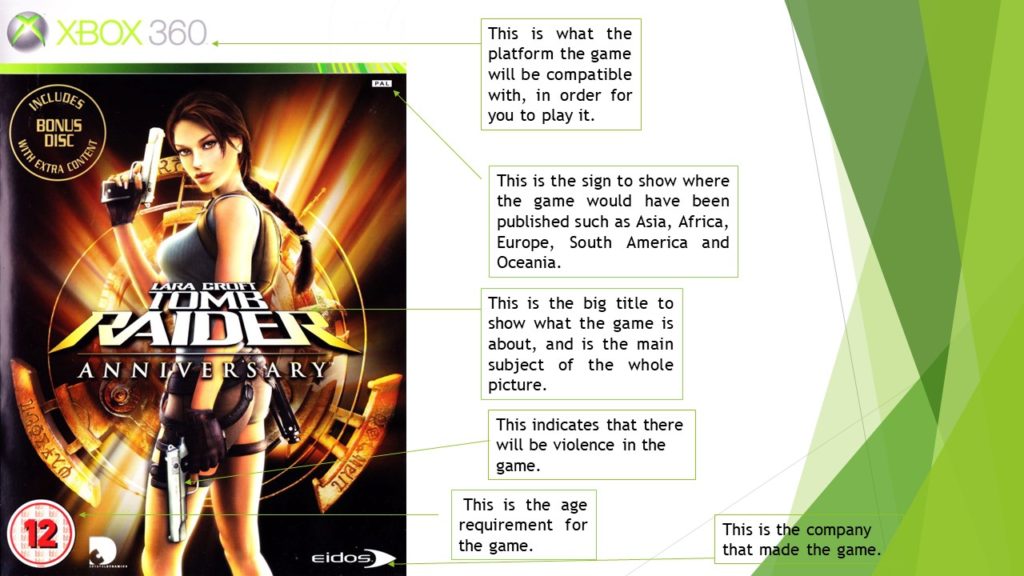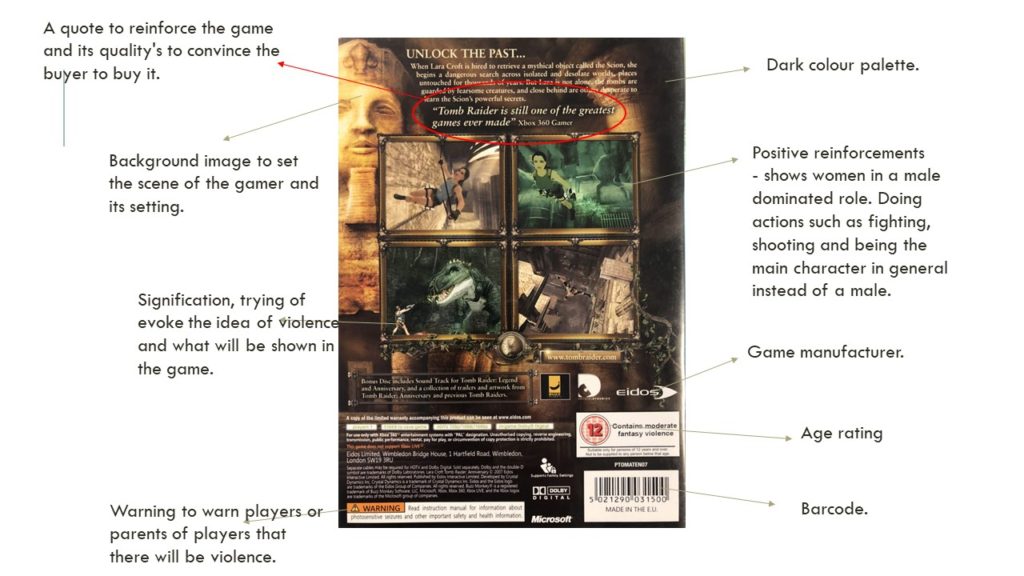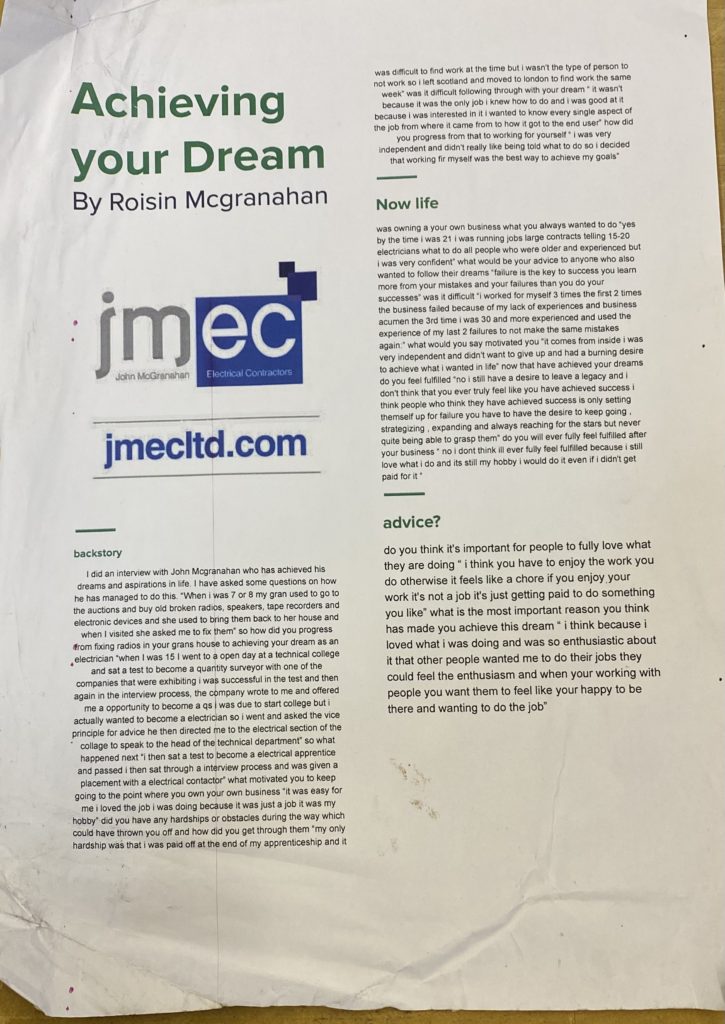The Male Gaze
The male gaze is an objectification of women. The ‘gaze’ is looked at as sexualising women and objectifying them and empowering men, not just in video games but in general media platforms. The game makers use women more as a sexual object used for appeal unlike male characters who are built to have a personality, talents and appropriate outfits. Women’s representation in games focuses more on their boobs and butt and outfit than their object which is to win the game.
Laura Mulvey, is a feminist who explains that most films are designed to visually pleasure masculine ‘scopophilia’. Scopophilia is the sexual pleasure in looking. Her concept is described as a heterosexual, masculine gaze. Mulvey explains that men are uninterested in women if not sexualised in some way, either in their outfits or exaggerated features, in video games and movies. She explains men feel power over women when they are venerable in media, by wearing sexualised outfits.
John Berger– He devised the theory of “Ways of seeing” suggesting that the way woman are seen by men and the way they are taught to see themselves is wrong and creates a bad relationship.









